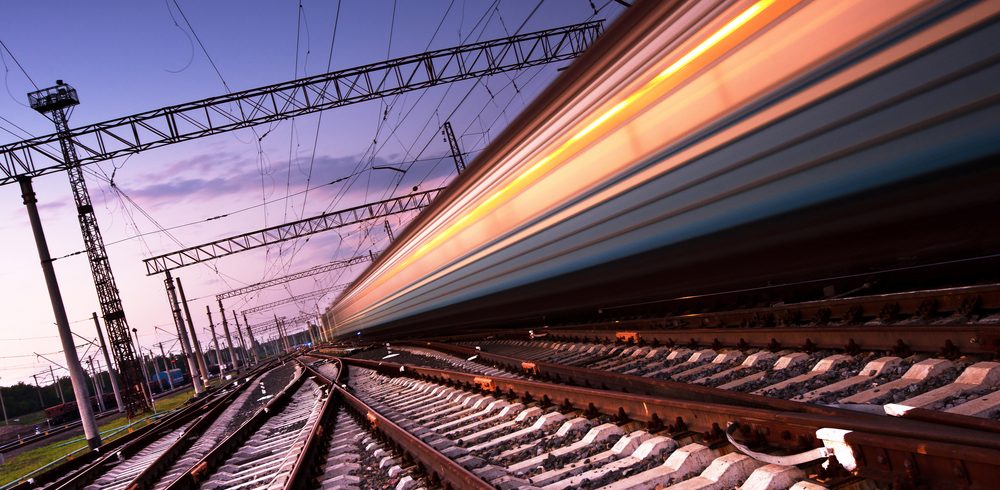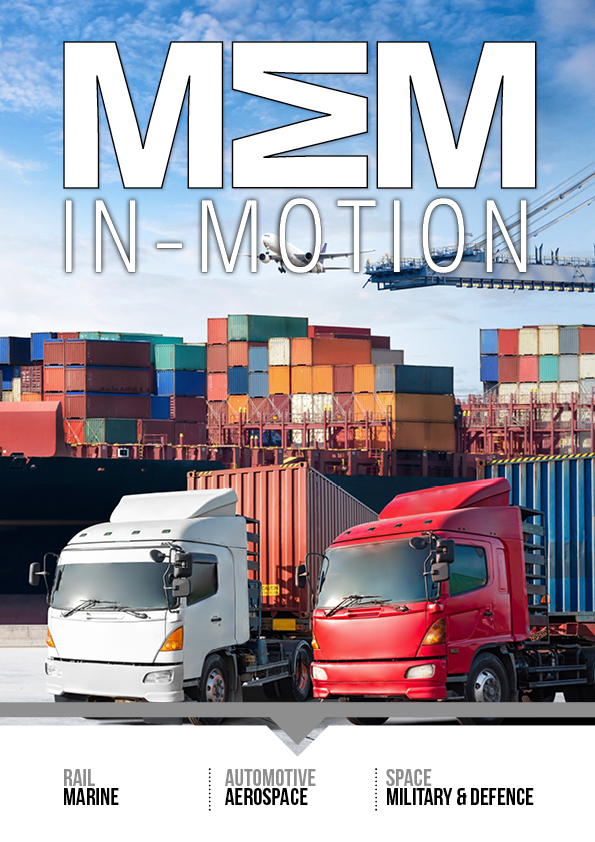The trains that depart from under the arched glass roof of Londonâs Kingâs Cross station on the flagship East Coast line to north-east England and Scotland are some of the most repainted rolling stock on the UKâs railways.
Originally built for state-owned British Rail, the trains have since the mid-1990s carried the liveries of GNER, National Express, Directly-Operated Railways and Virgin Trains.
The changing liveries reflect how the East Coast line has endured a turbulent time since Britainâs railways were privatised via the break-up of British Rail in 1994 and the creation of a franchising system under which private companies bid to provide passenger train services. Both GNER and National Express were forced to give up their East Coast franchises early, after making bids to run the line that proved wildly over optimistic about passenger growth, and this upheaval culminated in the line being temporarily renationalised in 2009.
Some industry figures fear the railways â where passengers paid £8.8bn in fares in 2014-15 â could soon be grappling with a new crisis on the franchising system. With the UK economy braced for a slowdown following the Brexit vote in June, certain sector insiders are warning of the risk that train operatorsâ assumptions about revenue growth could once again prove over-optimistic, raising the prospect of companies having to relinquish their franchises to rivals or a government-controlled business.
Any such crisis would have international repercussions. Other European countries â including Germany, Sweden and Denmark â have adopted competitive bidding arrangements similar to the UK for some train services. Several overseas operators â including Germanyâs Deutsche Bahn, Abellio, an arm of the Netherlands state railways, Keolis, controlled by Franceâs SNCF, and Hong Kongâs MTR Corporation â have stakes in UK rail franchises.

A senior figure at one rail company, who asks not to be identified, says the UK governmentâs treatment of any train operator that encounters financial problems amid the current slowdown in passenger growth could prove critical.
If they really want to take the bidders to the cleaners, they can, says this figure, referring to the UKâs Department for Transport, which is responsible for awarding rail franchises to train operators after running the bidding processes. But theyâre probably looking at a market where no one wants to bid again.
Not everyone in the industry thinks a crisis is coming. The consensus view is that limited modifications to the franchising system can shore it up.
But the sustainability of Virgin Trains East Coast franchise is under scrutiny after a gloomy statement in June from Stagecoach, the UK transport company that has a partnership with Sir Richard Bransonâs Virgin Group to provide services on the line.
Stagecoach, which owns 90 per cent of the Virgin Trains East Coast business, said revenue growth on its rail operations had slowed in the six months to April 30 because of weakening consumer confidence, adding it was working hard to meet franchise obligations that some analysts believe it will struggle to fulfil.
Virgin Trains East Coast is meant to pay the government £3.3bn over the eight years to 2022 for the right to operate trains on the line. Stagecoach declines to add to its June statement.
The challenges on the East Coast line and elsewhere have encouraged many train operators to conclude the franchising system is stacked against them. The transport department demands aggressive bids for lucrative franchises such as the East Coast line, so as to secure revenue to meet the rail systemâs costs, most of which are generated by Network Rail, the government-controlled owner of the track.
The department also demands from operators increasingly significant guarantees known as bonds â as high as £250m for some lines â that the government can seize if it looks likely operators will default on contracts.
Tim OâToole, chief executive of FirstGroup, operator of the Great Western franchise between London and south-west England, says it is an issue that bond requirements have become more onerous. As a result, peopleâs balance sheets are going to get consumed, he adds.
Some industry figures say a new round of intense difficulties for the railways could prompt a re-examination of whether the franchising system has a future.
The debate revolves around the balance of risks. The transport department needs to push train operators to target the fastest possible passenger growth, so the companies then make the highest possible payments to the government.
But the department also needs to maintain a pool of bidders willing to accept tough contract terms, in an industry that typically generates operating profit margins of only about 3 per cent.

Dean Finch, chief executive of National Express, says: You have to price these contracts on the assumption that thereâs going to be a downturn during the course of your franchise. If you donât, youâre going to go bust.
He shows little enthusiasm for bidding for new franchises. National Express currently runs only the relatively small Essex Thameslink commuter rail operation from Essex into London, and Mr Finch says the company has recently been cautious about bidding for franchises in the UK.
There is some evidence other train operators are lukewarm about seeking new franchises. The biggest upcoming award â for the South West Trains commuter operation run out of Londonâs Waterloo station â attracted only two qualified bidders: Stagecoach, the incumbent, and FirstGroup.
Paul Plummer, chief executive of the Rail Delivery Group, which represents train operators, advocates evolutionary rather than revolutionary change to the franchising system.
That involves some refinements, so that we get the proper balance of risk so that private sector investors can deliver value without becoming so exposed that the system becomes fragile, he says.

Yet it is unclear precisely how government policy might shift to accommodate changing economic circumstances.
Asked about a series of possible adjustments, including the awarding of smaller, lower-risk franchises, the transport department responds by outlining no specific changes.
It reiterates that it wants the franchising system, which has delivered a doubling of annual passenger numbers in 20 years, to survive. Through the rail franchising system, we continue to challenge the industry to deliver further improvements, says the transport department.









